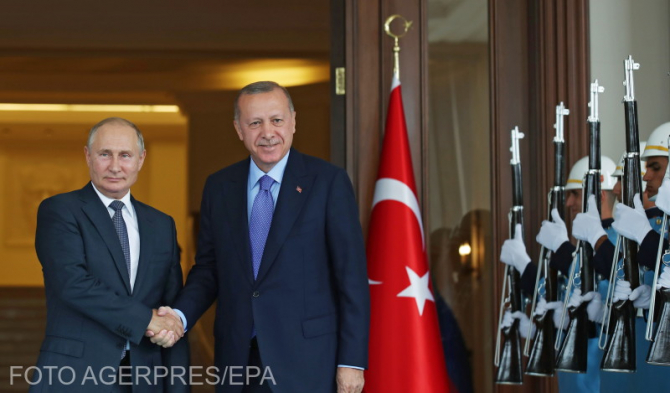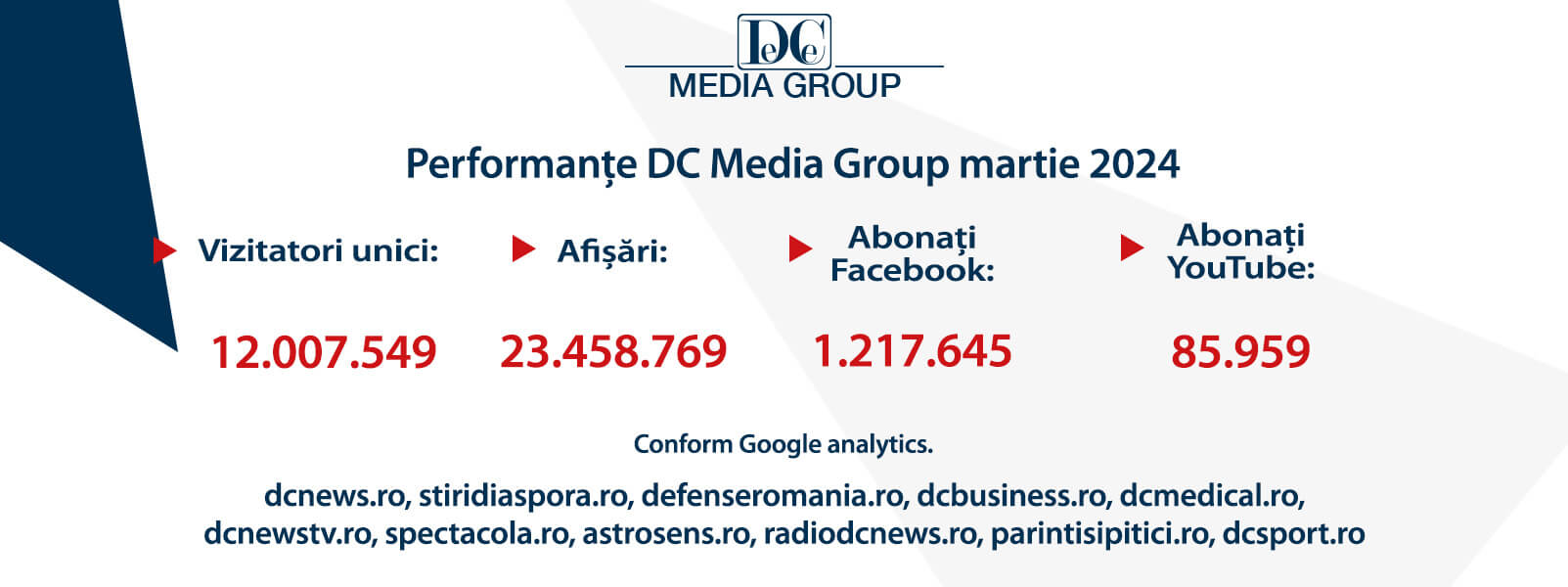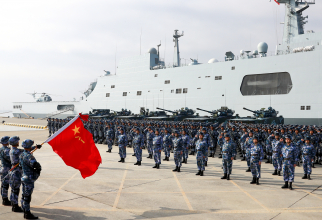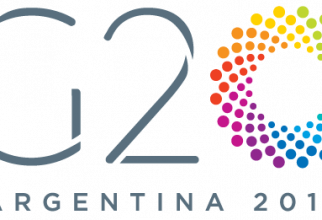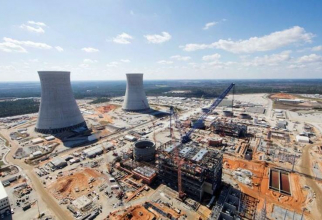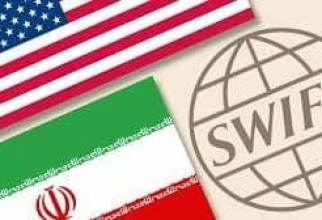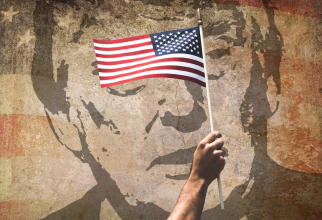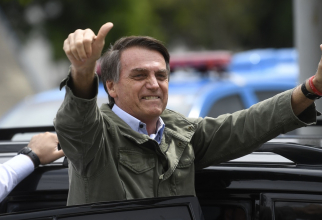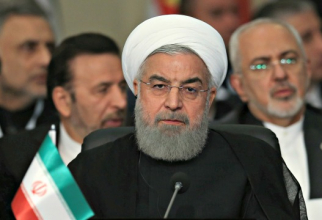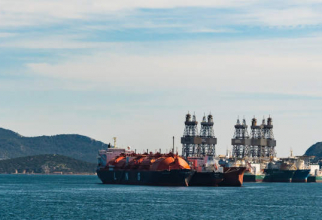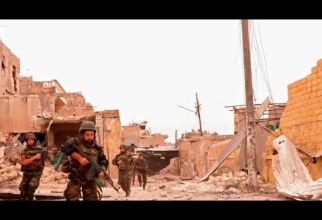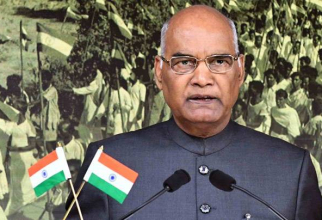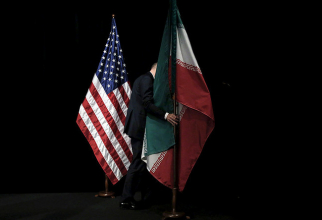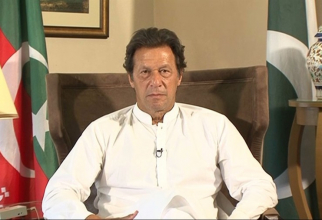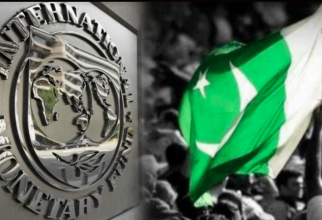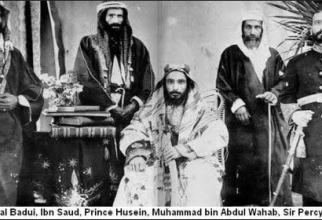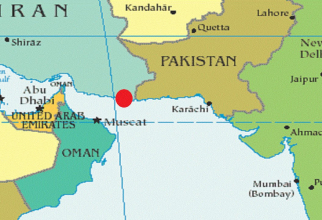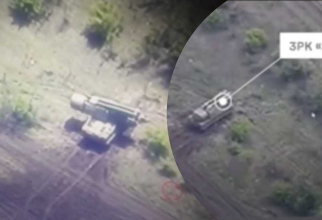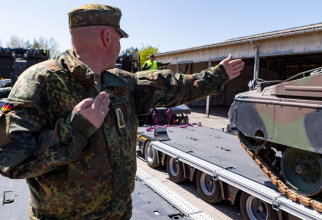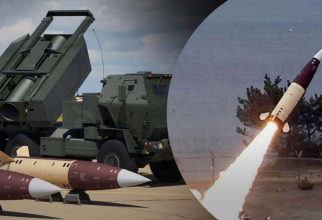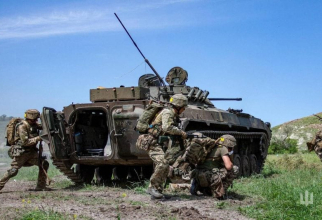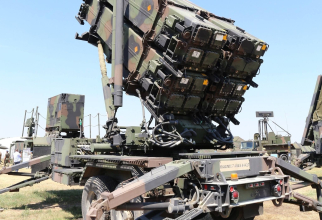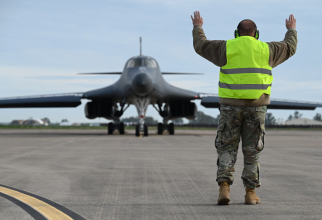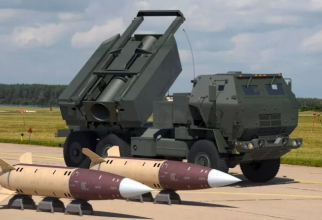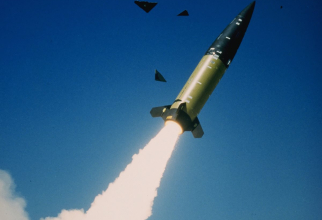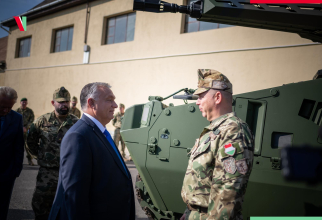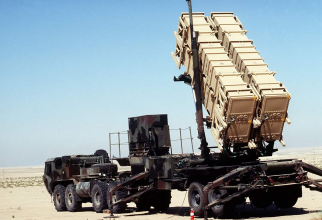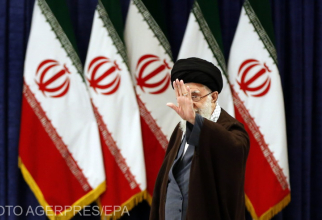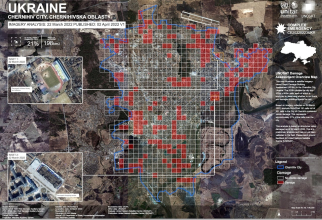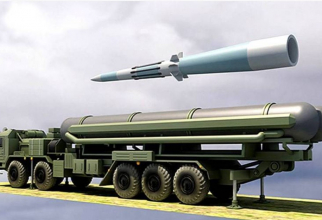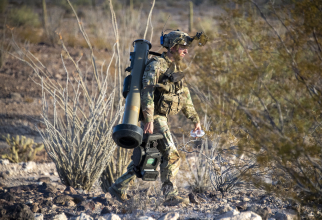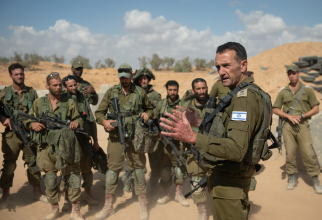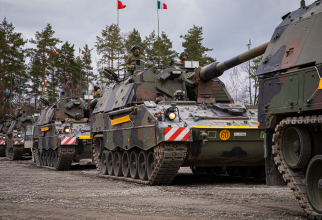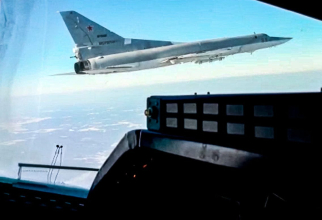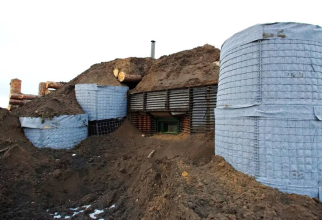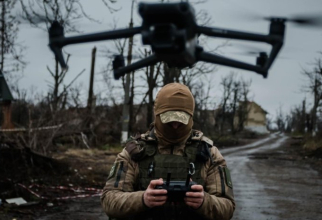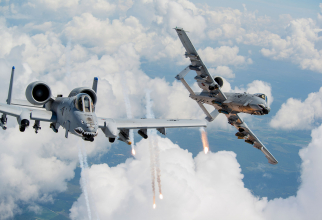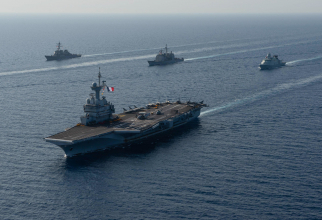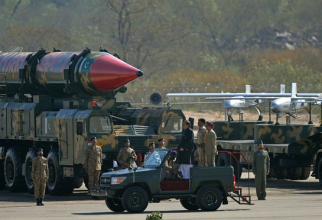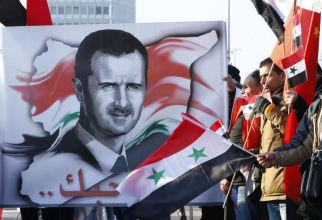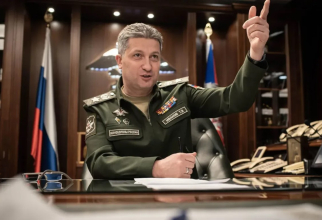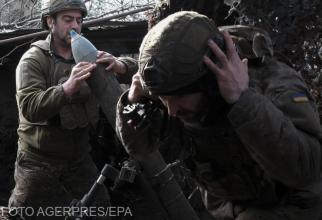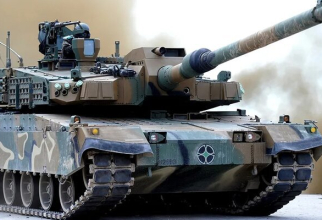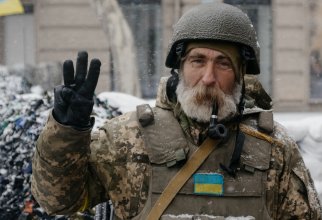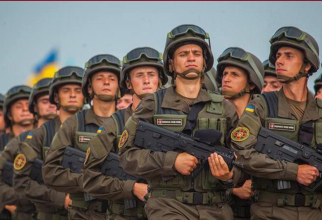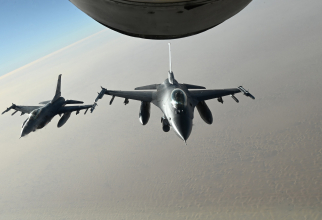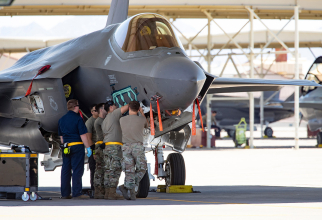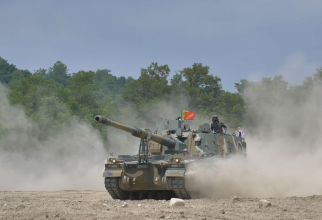Colaboratorul DefenseRomania, cercetatorul italian Emanuel Pietrobon ne transmite o analiză despre impactul creșterii influenței Turciei asupra spațiul multi-național al Rusiei. Articolul face parte din suita de prelegeri cu privire la creșterea influenței diverșilor actori din spațiul EuroAsiatic și consecințele acestei explozii de influență asupra relațiilor dintre minoritățile naționale și statul rus. O lectură interesantă care ne dă de gândit.
The Putinian Pax has been guaranteeing the pacification and return to stability of Russia’s most problematic regions since the end of the Second Chechen War but, under the climate of apparent peace, a new season of separatism seems ready to begin in the next future. Indeed, ethnic and religious separatism in North Caucasus and Siberia never died completely and anti-Russian attitudes keep being very present in historically insurgency-plagued regions, such as Dagestan, Chechnya, Ingushetia, Tatarstan, Circassia, and recently have started extending to Bashkortostan, Kuban and Siberian regions.
The evergreen influence played by Islamic nationalism kept the secession ambitions alive even in the post-Chechen war, as shown by the large-scale irregular warfare carried out by the Al Qaeda-linked Caucasus Emirate since 2007 and by the impact of the global rise of the self-proclaimed Islamic State on North Caucasus. Indeed, thousands of Russian citizens travelled to Syria and Iraq to join Abu Bakr Al-Baghdadi’s army, of which at least 14,000 are believed to have come from Chechnya.
The situation may prove detrimental to Russia’s national security and territorial integrity as it could be easily exploited by foreign powers interested in bringing the country to experience a Soviet-style collapse with permanent and profound consequences. The question should not be underestimated because in the United States this scenario is matter of talk among experts and strategists since the Cold War times and, for instance, Zbigniew Brzezinski’s Russia-targeting vision succeeded in many fields and is still a work in progress.
The Pan-Turkic shadow
Ankara’s foreign agenda for Caucasus and Central Asia is set to undermine Moscow’s hegemonic role over the Turkic-speaking post-Soviet space and to feed separatist movements within Russian borders as it seeks to exert a stronger influence on them. The separatist wave is shaking many autonomous republics, but the most emblematic case studies are Tatarstan and Bashkortostan.
Pro-secession movements and political organizations that pursue anti-national goals are present in both republics and, essentially, promote the unification of all Turkic peoples under the same flag and/or the primacy of Turanism or Pan-Turkic identity over Russian legacy. Tatarstan’s Turkic agenda is essentially led by The Union of Tatar Youh and All-Tatar Public Center, while Bashkortostan’s one is led by Bashkir Kuk Bure.
Turkish influence over Tatarstan alarmed Moscow has taken several efforts to contrast the Pan-Turkic rising appeal within civil society and public opinion. The republic’s right to have a free foreign policy has been recently limited to reduce the range of action of Ankara-backed organizations such as the International Organization of Turkic Culture, which authorities claim to be playing a role in, both in the resurgence of Tatar nationalism and in the radicalization of Muslim community.
More recently, both mosques and local-based organizations have clashed against the central government’s decision to protect the teaching, the use and the primacy of Russian language in the republic, and have started offering free-of-charge courses of Tatar, no longer written in Cyrillic but in Latin, and lobbying for the signing of a new Kazan-Moscow agreement providing more autonomy to the republic.
Furthermore, the Islamist organization Hizb-ut Tahrir is very active in Tatarstan and other Tatar-inhabited republics, such as Crimea, and keeps operating despite the strict monitoring from the secret services and the police. The organization promotes the Islamization of the West and the re-establishment of the caliphate; in Russia it is banned since it has been a protagonist of terrorist attacks and religious violence since the early 2000s and pursues a pro-Tatar agenda. Nonetheless, HuT operates freely and legally in more than 50 countries worldwide.
Bashkortostan is affected by the secessionist wave as well. On 1990 it adopted a declaration of sovereignty to achieve full independence, the issue was eventually solved with an autonomy-granting agreement. But in recent years the secessionist goals have been resumed, on the background of the aggressive Turkish influence over the republic.
The republic is mostly inhabited by Tatars and Bashkirs, which together account for more than 60% of the population, and the relations with the ever-declining Russian minority are growingly more difficult and complicated by Moscow’s efforts to stop the cultural and linguistic de-Russification of the republic.
The society is being recorded as a dangerous ethnic-based polarization, which is particularly intense and is a source of clashes and misunderstandings between Russians and Bashkirs. The former reclaim their right not to see Russians disappearing in schools and other public spaces, while the latter are growingly indifferent towards the 1990 autonomy agreement and any central government’s interference.
The Siberian question
Russia would look profoundly different without Siberia: it would be resource-poor, geographically small-sized, Europe-focused, and it could not aspire to any global-level power status. Indeed, Siberia is Russia’s founding pillar: it makes up 77% of national territory, hosts the world-largest deposits of diamonds, rare earth elements, precious metals, such as gold, silver and platinum, base metals, such as nickel, copper and zinc, and contains about 70% of the country’s developed gas and oil fields.
Apart from being extremely resource-rich, Siberia has always been problematic due to its severe climate conditions which have been impeding any serious population growth-aiming and re-settlement-based plan and infrastructure development project since the imperial times. As a consequence of this, Siberia is the world’s most sparsely populated area with an average population density of three inhabitants per square kilometre: it accounts for 77% of the country’s size but is home of less than 27% of Russia’s population.
Even the most recent Kremlin’s effort to re-populate Siberia have failed and now the region is even more exposed to the risks coming from China’s aggressive presence related to wood exploitation and from the growingly, but still poorly followed, separatist movements.
In early 2010s bottom-up civic organizations started appearing in the main regions of Siberia, from Tomsk to Novosibirsk, to promote a regionalist agenda that took the form of awareness campaigns, neuromarketing-based merchandising, manifestations, academic events, online activism, and growing popular calls for referendums.
Among the events that worried the Kremlin the most was the seminar held at the Irkutsk State University focusing on Siberia’s possible independence which was sponsored by the US-Siberian Department of the institution and the “Regionalistic Alternative” movement, and the 2013 exhibition “The United States of Siberia”, held in Novosibirsk.
Separatism is taking root among Siberia’s inhabitants and is going beyond internet borders and universities and the above-mentioned Novosibirsk is confirming to be heart of this cultural ferment. The city hosted the recent era-most impressive separatist rally in 2011 and a replica, set to take place in August 2014, was eventually banned by the authorities.
Since then, both the central and local governments are monitoring very closely the regionalist and separatism environment as shown by the increasing pressure put on front-line activists Dmitry Margolin and Artyom Loskutov. Also officials accused of being too close to the pro-Siberian movement, such as Viktor Tolokonsky, are being experienced the same kind of pressure and forced to change attitude and/or moved away from their power positions.
What is next?
The Turkish protagonism over Northern Caucasus has been playing a key role in the re-appearance of secessionist movements in the region’s insurgency-plagued republics and is posing a growingly dangerous challenge for Moscow’s legitimacy before Turkic peoples. Anti-government protests are taking place more often, mosques and NGOs are backing the Ethno-nationalist resurgence, which is increasingly linked to both pan-Turkism and Islamic nationalism, and the relations with ethnic Russians are experiencing a severe worsening as a consequence.
To date, Russia’s response to secessionism and regionalism is being based on more centralization and suppression, but the risk is to exacerbate further the situation and unwittingly make the separatist season start. The Kremlin needs to re-think globally its strategy over the Turkic-inhabited world, which is not limited to the Russian-ruled North Caucasus, to avoid the fall into a new decade of bloody instability and to alienate the support from the post-Soviet “-stan countries”.
The situation is likely to worsen on the eve of the next presidential elections, set in 2024, which are to mark the entrance of the country into a new era full of both opportunities and dilemmas.
Fii primul care află cele mai importante știri din domeniu cu aplicația DefenseRomania. Downloadează aplicația DefenseRomania de pe telefonul tău Android (Magazin Play) sau iOS (App Store) și ești la un click distanță de noi în permanență
 Fiți la curent cu ultimele noutăți. Urmăriți DefenseRomania și pe Google News
Fiți la curent cu ultimele noutăți. Urmăriți DefenseRomania și pe Google News



